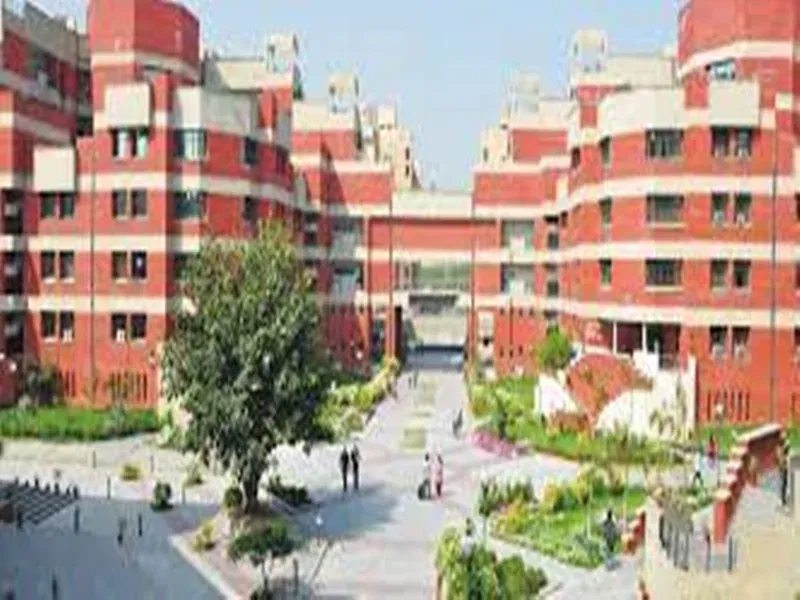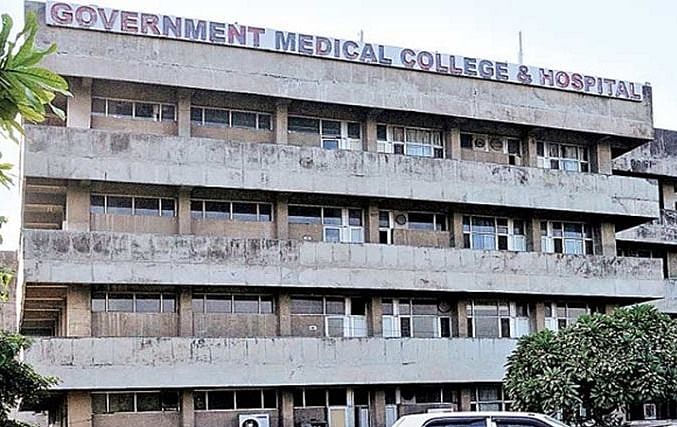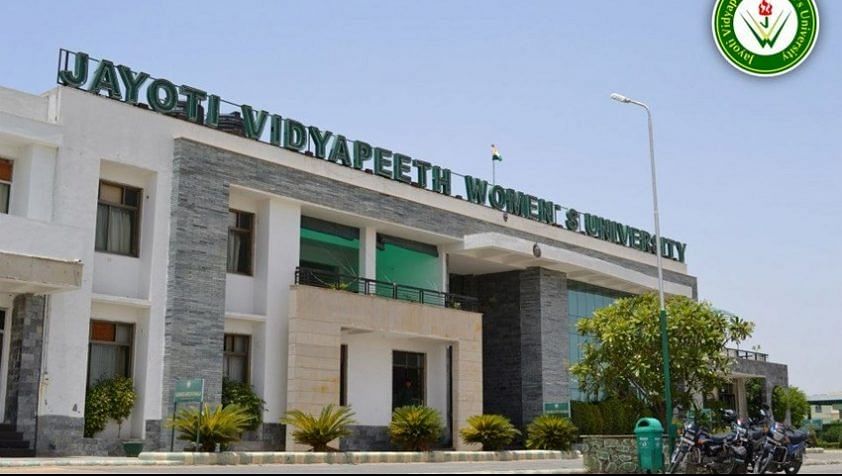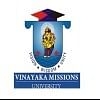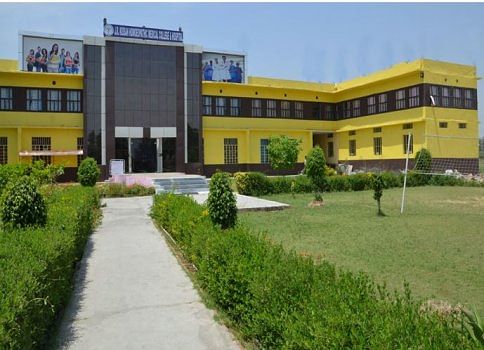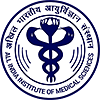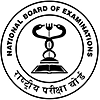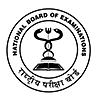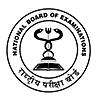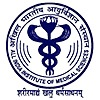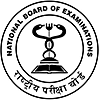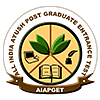BHMS Syllabus and Subjects

BHMS syllabus consists of core and practical subjects that impart essential knowledge related to homoeopathic medicine and surgery. BHMS subjects include topics such as anatomy, physiology, pathology, materia medica, repertory, and homoeopathic pharmacy, etc.
The core BHMS subjects cover important topics such as Anatomy, Physiology, Biochemistry, Pathology, Microbiology, Philosophy of Homeopathy. BHMS syllabus offer discipline-specific specializations such as Homoeopathic Pharmacy, Homeopathic Paediatrics, Homeopathic Psychiatry, and more allowing students to gain expertise in areas of interest
BHMS course provides students knowledge about homeopathic concepts that aims at patient care, holistic treatment, the practical applications of homeopathic principles in various domains of medicine so students can work in roles like homopaethic practictoner, medical officer, public health specialist, and more.
Table of Content
Year Wise BHMS Syllabus
BHMS syllabus is constructed semester-wise with an objective. The homeopathy syllabus is generally curated with an in-depth understanding of other departments in medicine and homeopathic study. The table below represents the list of BHMS subjects year-wise:
BHMS 1st-Year Subjects
BHMS 1st year syllabus mainly covers the fundamental concepts of Homeopathic practices and medicine. The table below contains the subjects under the BHMS First year syllabus:
| BHMS 1st year-subjects |
| Anatomy |
| Organon of Medicine |
| Physiology |
| Homeopathic Materia Medica |
| Principles of Homoeopathic Philosophy |
Practical Subjects in the BHMS First-Year Syllabus
Some of the practical topics in the BHMS 1st-year subjects are given below:
- Embryology
- Biochemistry
- Organon of Medicine
BHMS 2nd Year Subjects
The table below contains the BHMS 2nd-year subjects:
| BHMS 2nd-year subjects |
| Pathology |
| Homeopathic Materia Medica |
| Organon of Medicine with Homoeopathic Philosophy |
| Forensic Medicine and Toxicology |
| Surgery |
| Gynecology and Obstetrics |
Practical Subjects in the BHMS Second-Year Syllabus
Some of the practical topics in the BHMS 2nd-year subjects are given below:
- ENT, Eye, Dental & Homoeopathic Therapeutics
- Practice of Medicine
- Obstetrics and Gynecology Infant Care
BHMS 3rd-Year Syllabus
The table below contains the BHMS course subjects for the third year:
| BHMS 3rd-year subjects |
| Surgery Including ENT Ophthalmology and Dentistry & Homoeopathic Therapeutics |
| Practice of Medicine and Homoeopathic Therapeutics |
| Obstetrics and Gynaecology, Infant Care and Homoeopathic Therapeutics |
| Repertory I |
| Organon of Medicine |
| Community Medicine I |
Practical Subjects in the Third-Year BHMS Syllabus
The practical subjects in the Third year BHMS syllabus are given below:
- Diagnosis of Surgical Disease through Clinical Examination
- X-rays and other common Diagnostic techniques
- Specimens, Models, Instruments and General Appliances related to Obstetrics
BHMS 4th-Year Syllabus
The table below contains the BHMS subjects in the fourth year:
| BHMS 4th year Subjects |
| Practice of Medicine and Homoeopathic Therapeutics |
| Homeopathic Materia Medica II |
| Organon Of Medicine II |
| Repertory II |
| Community Medicine II |
BHMS Fourth Year Syllabus Practical Subjects
Some of the practical subjects in the 4th year BHMS syllabus are given below:
- Pediatrics Psychiatry and Dermatology
- Reportorial totality through Case analysis and Actual Repertorisation
- Nosological Diagnosis and Therapeutic Diagnosis from a Homoeopathic Point of View
BHMS Subjects
BHMS subjects are constructed for the students to understand the fundamentals in the beginning and move forward to attain in-depth knowledge of each subject in the later years of the course. Each of the BHMS subjects includes both theory and practical components. BHMS syllabus does not include elective subjects.
BHMS course subjects as per the BHMS Anatomy Regulations 1983 are explained below:
BHMS Core Subjects
Listed below are some of the core BHMS subjects that the students study in the course along with topics covered in each subject:
|
BHMS Core Subjects |
Topics Covered |
| Anatomy | Human Body Structure, Neuroanatomy, Embryology, Musculoskeletal System, Respiratory System, Digestive System |
| Physiology | Cell Physiology, Cardiovascular Physiology, Endocrinology, Reproductive Physiology, Renal Physiology, Neurophysiology |
| Organon of Medicine | Principles of Homoeopathy, Chronic Diseases, Miasms, Therapeutic Applications, Homeopathic Philosophy, Hahnemann's Organon |
| Principles of Homoeopathic Philosophy | Doctrine of Signatures, Law of Similars, Totality of Symptoms, Individualization of Treatment, Hahnemann's Contributions |
| Homeopathic Materia Medica | Drug Proving, Comparative Materia Medica, Clinical Applications, Nosodes, Sarcodes, Polychrests |
| Pathology | Cell Injury and Adaptation, Immunopathology, Hemodynamic Disorders, Genetic Disorders, Neoplasia, Environmental Pathology |
| Gynecology and Obstetrics | Reproductive System Anatomy, Pregnancy Complications, Postnatal Care, Menstrual Disorders, Infertility, Gynecological Cancers |
| Surgery | Basic Surgical Principles, Trauma Management, Anesthesia, Operative Techniques, Surgical Pathology, Emergency Surgery, Surgical Asepsis |
| Forensic Medicine and Toxicology | Legal Aspects of Medical Practice, Toxicological Effects, Poisoning and Antidotes, Medical Jurisprudence, Medical Ethics |
| Community Medicine-I & II | Public Health Programs, Preventive Medicine, Health Education, Nutrition, Biostatistics, Health Policy and Management |
| Repertory-I & II | Repertorization Techniques, Kent's Repertory, Synthesis Repertory, Clinical Repertory, Computerized Repertory, Boenninghausen’s Repertory |
Specialisation Wise BHMS Syllabus and Subjects
BHMS offers several specializations and the subjects differ for each specialization based on the curriculum structure. Detailed below are some of the popular specializations and their corresponding course structure.
|
BHMS Specialization List |
Subjects Covered |
| Homoeopathic Pharmacy |
|
| Homoeopathic Psychiatry |
|
| Homoeopathic Paediatrics |
|
| Homoeopathic Skin Specialist |
|
BHMS Course Structure
BHMS course syllabus is structured with three major components such as theoretical, practical, and viva. This course structure is designed to provide the aspirants with a holistic insight into every BHMS subject in the syllabus. BHMS course also includes a 1-year internship in the final year. Below mentioned is the BHMS course structure:
- One-Year Long Internship Programme
- Case Research Project
- Lab Sessions
- Assignments
- Internal Assessment
BHMS Teaching Methodology And Training
BHMS teaching methodology and training involve an integrated evolving process. The course structure is a mix of interactive classroom activities, projects, deductive & inductive teaching, patient-oriented training, etc. Below mentioned are the teaching methods and techniques used in the BHMS course:
- Lectures
- Practical Sessions
- Research Papers
- Seminars
- Group Discussions
- Internships
BHMS Projects
BHMS syllabus includes several projects that are designed to educate the students in a well-integrated format, beginning with the fundamentals to the in-depth knowledge of homoeopathy. The following are some of the project ideas BHMS students may consider:
- Efficacy of Homoeopathic Remedies in Treatment of Upper Respiratory Tract Infection
- Research Trials to Evaluate the Efficacy of Homoeopathic Remedies in Haemorrhoids
- Efficacy of Homoeopathic Medicines in the Treatment of Uterine Fibroids
- Homeopathic Treatment of Irritable Bowel Syndrome
BHMS Books
BHMS course is a detailed course for various medical sciences departments through homoeopathy. Some great scholars and authors have categorized the course structure to understand the concepts better. Listed below are the essential reference books for the BHMS course:
| Name of the Book | Topics Covered | Author |
| Dictionary of Materia Medica (3 Vols) | Pharmacological Properties, Therapeutic Applications, Taxonomy, Habitat, Cultivation, and Extraction Methods. | John Henry Clarke |
| The Complete Homoeopathy Handbook | Understanding Homeopathic Remedies, Homeopathic Materia Medica, Treating Common Ailments |
Miranda Castro
|
| Principles and Art of Cure by Homoeopathy | Case-taking and Analysis, Potentization and Dilution, Chronic Diseased and Clinical Application | Herbert Alfred Roberts |
| Keynotes and Redline Symptoms | Redline Symptoms, Therapeutic Index, Clinical Symptoms | Adolph Lippe |
| Organon of Medicine | Case-taking and Repertorization, Potentization, Miasms | Samuel Hahnemann |
| Materia Medica of Nosodes | History and development of Nosode, Comparative Materia Medica, Dosage and Administration | Henry C Allen |
Top BHMS [Bachelor of Homeopathic Medicine & Surgery] Colleges
Top Medical Entrance Exams
BHMS Fee Structure
FAQs on BHMS Syllabus and Subjects
Q: What are the 3rd year BHMS subjects?
Q: What is the BHMS syllabus?
Q: Which are the important BHMS 1st year books?
Q: What dissertation topic should I select for my BHMS project?
Q: What are the clinical subjects in BHMS?
Q: What are the 1st year BHMS subjects?
Q: What are the project topics for BHMS?


